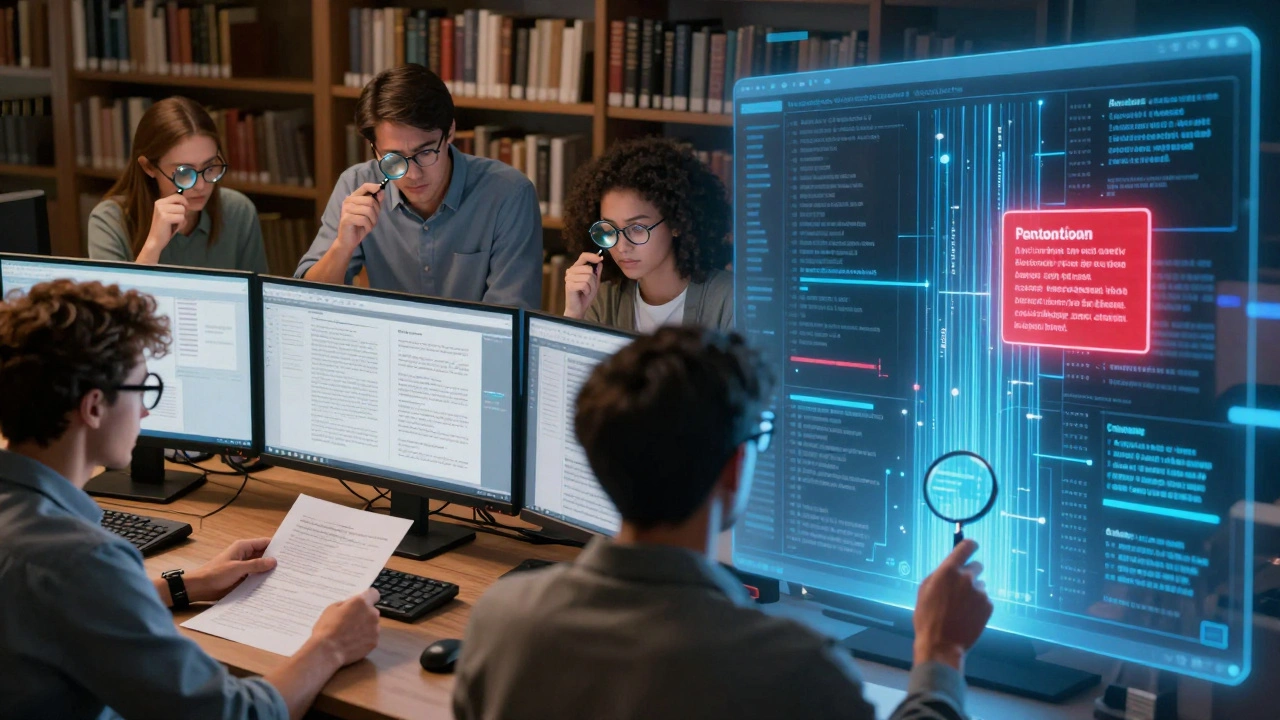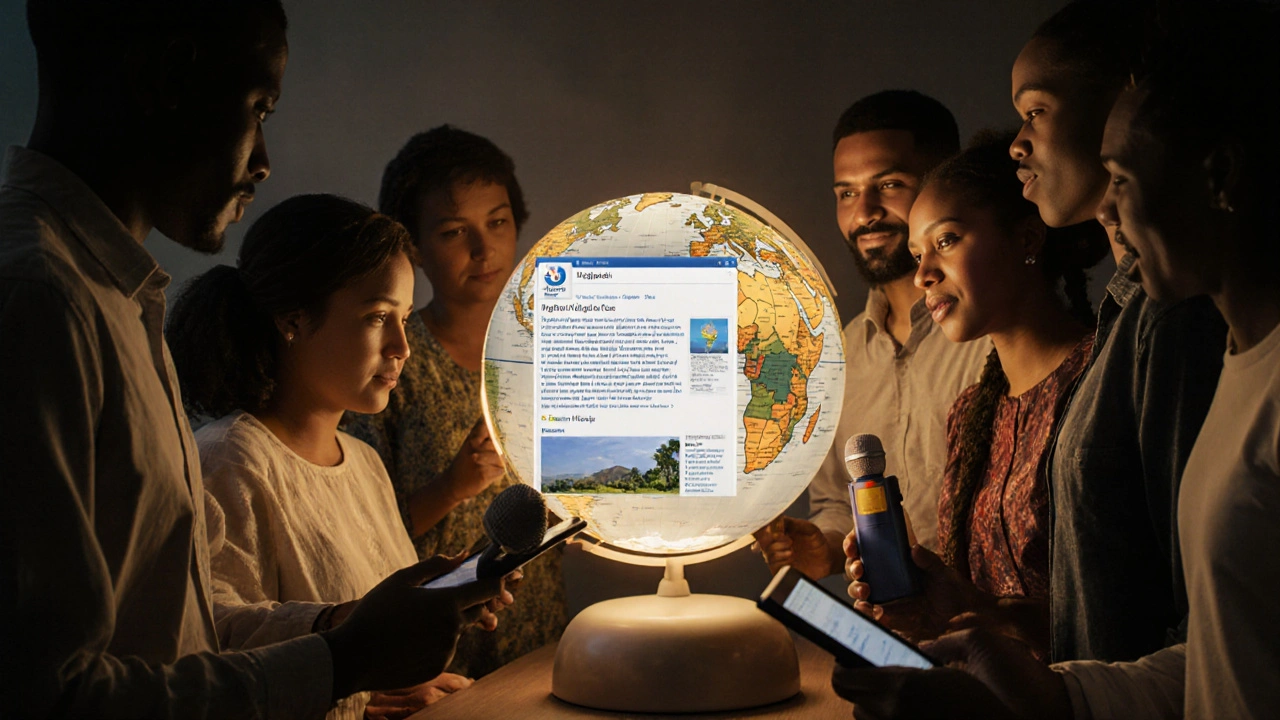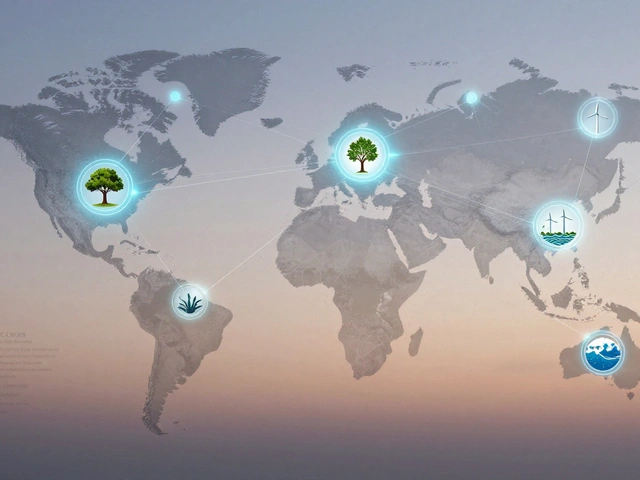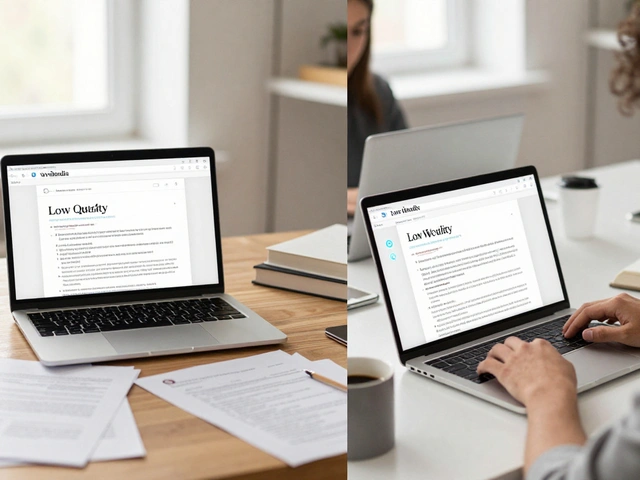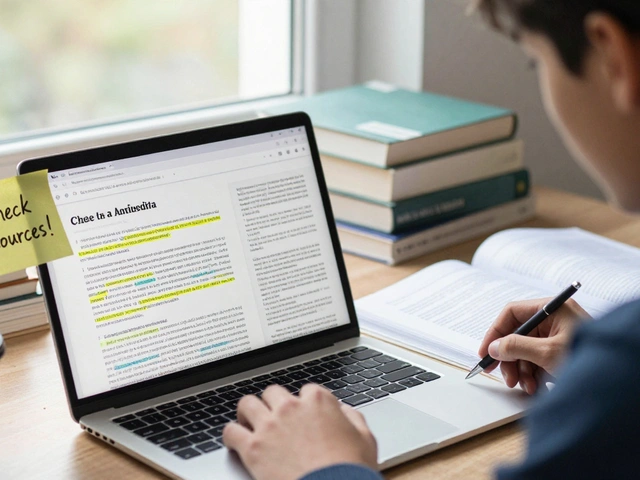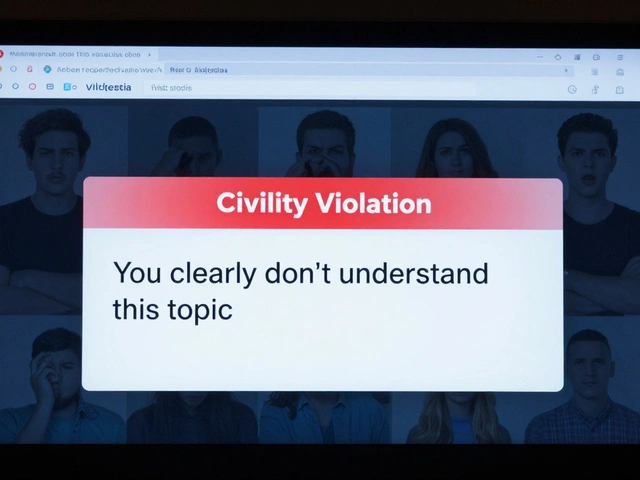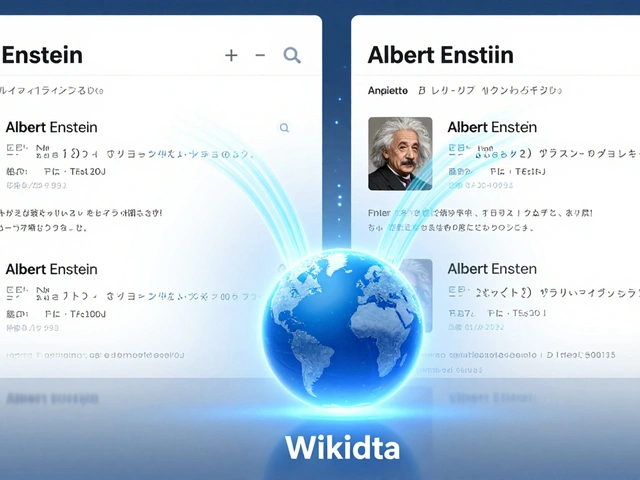Wikipedia Future: How Open Knowledge Is Shaping the Next Decade
When we talk about the Wikipedia future, the long-term sustainability and evolution of the world’s largest free encyclopedia driven by volunteers and open licenses. Also known as the future of open knowledge, it’s not just about more articles—it’s about who gets to write them, how truth is verified, and whether machines will replace humans in shaping what we know.
The Wikimedia Foundation, the nonprofit that supports Wikipedia’s infrastructure, funding, and policy development isn’t just keeping the lights on. It’s fighting to make sure AI companies don’t scrape Wikipedia’s content without giving back—or worse, rewriting it without credit. Their AI literacy, efforts to teach developers and the public how AI uses and distorts open knowledge programs are a direct response to the rise of AI encyclopedias that look credible but often lie with citations. Meanwhile, open knowledge, the principle that information should be freely accessible, reusable, and modifiable by anyone is under pressure from copyright takedowns, corporate data sales, and declining volunteer numbers. The future of Wikipedia isn’t written in code—it’s written by editors who show up, day after day, to fix bias, update facts, and defend neutrality.
What’s surprising is that people still trust Wikipedia more than AI tools, even when those tools answer faster. Why? Because Wikipedia shows its work. Every claim has a source. Every edit is tracked. Every dispute is debated publicly. The Wikipedia future won’t be decided by algorithms alone—it’ll be shaped by how well we protect the human process behind it. From the Wikidata, the structured database that connects facts across 300+ language versions of Wikipedia keeping global entries in sync, to the Guild of Copy Editors, a volunteer team clearing thousands of articles stuck in editing backlog, the engine runs on quiet, relentless labor. It’s not glamorous. It doesn’t trend. But it works.
And that’s what you’ll find here: real stories about how Wikipedia survives—not because it’s perfect, but because people refuse to let it fail. You’ll read about how volunteers fight systemic bias, how the tech team keeps Wikipedia running without ads, how journalists use it responsibly, and why AI can’t replace the human judgment that keeps facts from being rewritten by profit-driven systems. This isn’t speculation. It’s documentation. The future of knowledge is being built right now—and you’re looking at the record of how it’s being done.
The Future of Encyclopedic Knowledge: Human Editors, AI Systems, and Trust Online
As AI generates encyclopedic content faster than ever, human editors remain essential for accuracy, context, and trust. Discover how hybrid systems are reshaping online knowledge-and what you can do to spot reliable information.
Future Directions in Wikipedia Research: Open Questions and Opportunities
Wikipedia research is shifting from traffic metrics to equity. Learn the open questions about bias, AI, offline access, and how to make global knowledge truly inclusive.
